Kuala Lumpur, MINA – Malaysia receives demand for halal-certified products not only in the food and beverage sector, but also the personal care and beauty sector continues to increase.
As quoted from Republika Online this country in Southeast Asia wants to become a global halal center. Earlier in 2017, the local halal industry contributed around 7.5 percent of gross domestic product in Malaysia.
Malaysian Deputy Prime Minister Datuk Seri Dr Ahmad Zahid Hamidi, in his opening speech at the World Halal Week in April 2018, said that Malaysia was again leading the global Islamic economic indicators for the fifth consecutive year.
“This impressive outlook reflects a strong Islamic economic ecosystem, Malaysia enjoys substantial advantages in Islamic finance and halal food,” Datuk Seri Ahmad said, quoted by Arab News, Monday.
Also Read: Packaging Industry Supports Halal Ecosystem
The Islamic economic ecosystem includes banks to provide Islamic finance, the Ministry of Health and the Islamic Development Department will set halal certification standards, and trade agents such as Matrade to handle the business and marketing side.
In addition, halal cosmetics must be free from alcohol, blood, and parts or substances from animals that have not been slaughtered according to Islamic practice.
SimplySiti, which was founded by singer Siti Nurhaliza, offers halal-certified cosmetic, fragrance and skin care products.
Mainstream companies also participate in halal trends, such as Clara International, Johnson & Johnson, Silky Girl, and Wipro Unza. Sunsilk also claims as the first line of hair care in Malaysia for headscarves-women.
Also Read: 7th World Halal Summit Held in Istanbul
Accessibility to halal products is also growing increased. These products are available at supermarket chains and drug stores, as well as through online markets such as PrettySuci and Aladdin Street.
However, some companies have not yet entered the market. In addition, not all Muslim consumers know the availability and diversity of halal beauty and personal care products. (T/Sj/P2)
Mi’raj News Agency (MINA)






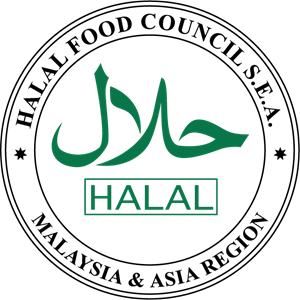


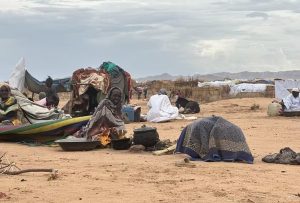
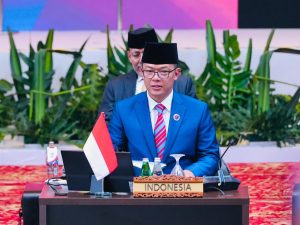



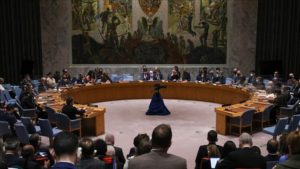
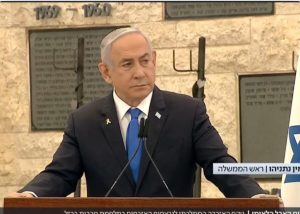
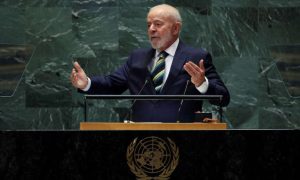
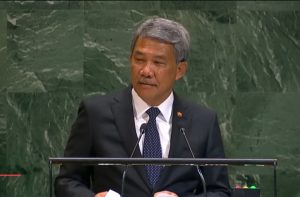
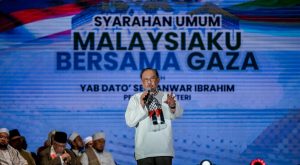
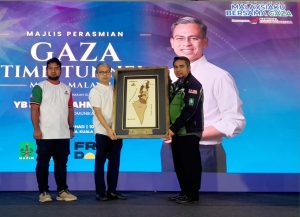

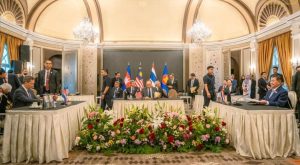











 Mina Indonesia
Mina Indonesia Mina Arabic
Mina Arabic